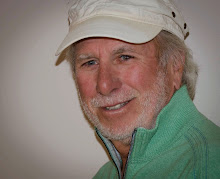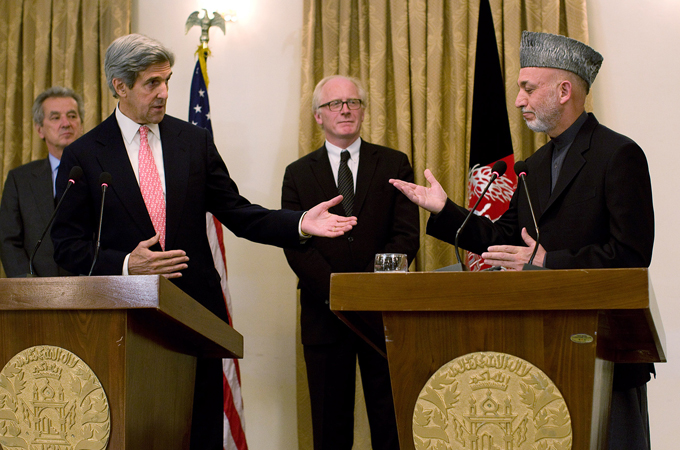Man says Diefenbaker's brain could prove paternity
By Derek Abma, Postmedia News February 6, 2012

Photograph by: Aaron Lynett,
George Dryden National Post is shown in a January 2011 file photo.
Dryden, who was raised by a prominent Liberal, believes he is the son of former Conservative prime minister John Diefenbaker.
The man who says he could be John Diefenbaker's son says he has some new leads that might prove his case, including a tip that the former prime minister's brain is preserved somewhere.
John George Dryden, a 43-year-old Toronto legal consultant, recently hit a road block in efforts to determine who his father is when the Diefenbaker Canada Centre in Saskatoon was unable to retrieve a reliable sample of the former prime minister's DNA from some of the objects he once possessed, such as a pipe, hats and watch strap.
However, Dryden said he received a call from a man in Western Canada who has a relative who was a medical professional participating in an autopsy that saw Diefenbaker's brain removed and stored.
"We checked him out," Dryden said of the person who called. "The guy's for real, a professional person, not a nutcase by any means."
Dryden's focus on Diefenbaker as his possible father started after learning last June that the person he thought was his father, Gordon Dryden, was not. He says his mother, Mary Lou Dryden, had an affair with Diefenbaker about four decades ago. The Toronto man's appearance has also been likened to Diefenbaker, who was the Conservative prime minister from 1957 to 1963 and died in 1979.
As well, Dryden said he heard from a woman who claims to be the illegitimate daughter of Diefenbaker. The woman, he said, also happens to be a professional in the adoption sector and was approached in 1977 by an RCMP officer worried about the potential of news getting out that Diefenbaker was father to a nine-year-old boy.
"I was the nine-year-old boy because I had just met Diefenbaker in '77 up on the Hill with my mom when I was nine," he said. "Among the few things he said was, 'you were named for me.' So I guess he took a look at me and got kind of concerned."
Dryden also said he's been called by a Utah-based company that claims to develop advanced technology for collecting DNA, which he says could prove to be more successful in retrieving a match between him and Canada's 13th prime minister.
The Toronto man said he's not looking for any money in his pursuit, only the truth.
"I'm just looking to find out who my father is, period."
dabma@postmedia.com
However, Dryden said he received a call from a man in Western Canada who has a relative who was a medical professional participating in an autopsy that saw Diefenbaker's brain removed and stored.
"We checked him out," Dryden said of the person who called. "The guy's for real, a professional person, not a nutcase by any means."
Dryden's focus on Diefenbaker as his possible father started after learning last June that the person he thought was his father, Gordon Dryden, was not. He says his mother, Mary Lou Dryden, had an affair with Diefenbaker about four decades ago. The Toronto man's appearance has also been likened to Diefenbaker, who was the Conservative prime minister from 1957 to 1963 and died in 1979.
As well, Dryden said he heard from a woman who claims to be the illegitimate daughter of Diefenbaker. The woman, he said, also happens to be a professional in the adoption sector and was approached in 1977 by an RCMP officer worried about the potential of news getting out that Diefenbaker was father to a nine-year-old boy.
"I was the nine-year-old boy because I had just met Diefenbaker in '77 up on the Hill with my mom when I was nine," he said. "Among the few things he said was, 'you were named for me.' So I guess he took a look at me and got kind of concerned."
Dryden also said he's been called by a Utah-based company that claims to develop advanced technology for collecting DNA, which he says could prove to be more successful in retrieving a match between him and Canada's 13th prime minister.
The Toronto man said he's not looking for any money in his pursuit, only the truth.
"I'm just looking to find out who my father is, period."
dabma@postmedia.com




